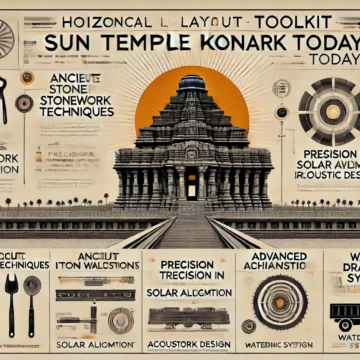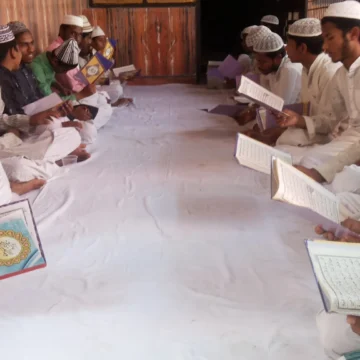Dwarka Temple, one of the sacred Char Dham sites, holds immense spiritual significance in Hinduism. Dedicated to Lord Krishna, the temple stands as a symbol of divine governance and offers pilgrims a profound connection to the deity. With its rich history, unique rituals, and cultural impact, Dwarka remains a beacon of faith for millions of devotees worldwide.
Mahatma Gandhi and His Principles Analyzed
Exploring Mahatma Gandhi's complex legacy, this blog dives into his reinterpretation of non-violence, political use of religious symbols, and strategies during the Indian independence movement. It critically examines how Gandhi's actions sometimes contradicted his ideals, particularly in his approaches to Hindu-Muslim unity and economic self-reliance, offering a nuanced perspective on his enduring impact.
Indo Pak War and Operation Grand Slam
Explore the pivotal Operation Grand Slam during the Indo-Pakistani War of 1965, an endeavor aimed at altering the military and political landscape in favor of Pakistan. Delve into the roots traced back to the tumultuous Partition of 1947, shedding light on how historical tensions have shaped enduring Indo-Pak relations.
Sun Temple of Konarak: A Challenges to Modern Science-II
Exploring the Sun Temple of Konarak, this series delves into the architectural marvels enabled by Vedic teachings. We scrutinize the temple's structural cantilevering, acoustic design, and astronomical alignment—achievements unaided by modern technology, yet posing significant challenges to contemporary science and engineering practices.
Madrasa Education in India
Madrasa education in India serves dual roles: preserving Islamic teachings and integrating Muslim youth into broader societal frameworks. While facing scrutiny for potential radical influences, many madrasas strive to modernize, incorporating secular subjects alongside traditional religious studies. This blog examines their role in cultural preservation and educational reform.






